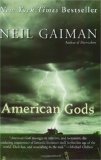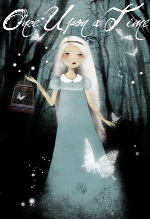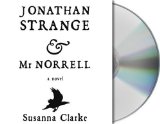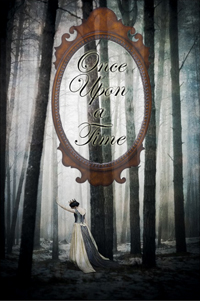I just took stock of the reading challenges I’ve taken on this year. I am participating in so many challenges, that I was finding it difficult to keep up with them. Luckily, I found a plugin called ProgPress that allows me to create and customize progress meters. Check them out in the sidebar over to the right (RSS feed readers will have to click over to my site).
I’m not doing badly.
First, I set a goal to read 50 books this year. I read 40 last year. So far, I’ve read 27, which puts me slightly ahead of my pace. That’s a good thing because school starts for me again in a few weeks, and I will need to be a little bit ahead.
I can say I’ve completed the Steampunk Challenge, the GLBT Challenge, and the Once Upon a Time Challenge, as I really only had to read one book to complete these challenges. All of them were low-commitment “just try it and see if you like it” challenges, at least at the level I committed to.
I need to finish one more book to complete the Historical Fiction Reading Challenge, but I am not doing well with the YA Historical Fiction Challenge. I guess I don’t read as much YA historical fiction as I thought I did. I don’t think I’ll finish that one, and I’m not going to worry about it if I don’t make much progress there.
I haven’t made much progress on my own challenge—just one book of six. Ditto the Shakespeare Challenge. On the other hand, I’m making steady progress with the Take a Chance Challenge and the Gothic Reading Challenge. I should be able to make good progress on the Gothic Reading Challenge in September and October, when I can combine it with the R.I.P. Challenge.
I haven’t started either the Sense and Sensibility Bicentenary Challenge or the Being a Jane Austen Mystery Challenge, yet. Still plan to complete those.
Did you participate in any challenges? How are you doing?
photo credit: Bogdan Suditu














